Government pressing ahead with Making Tax Digital despite calls for further delay
Minister delivers update on the modernisation plans but Labour says businesses need more time to adapt to the new regime

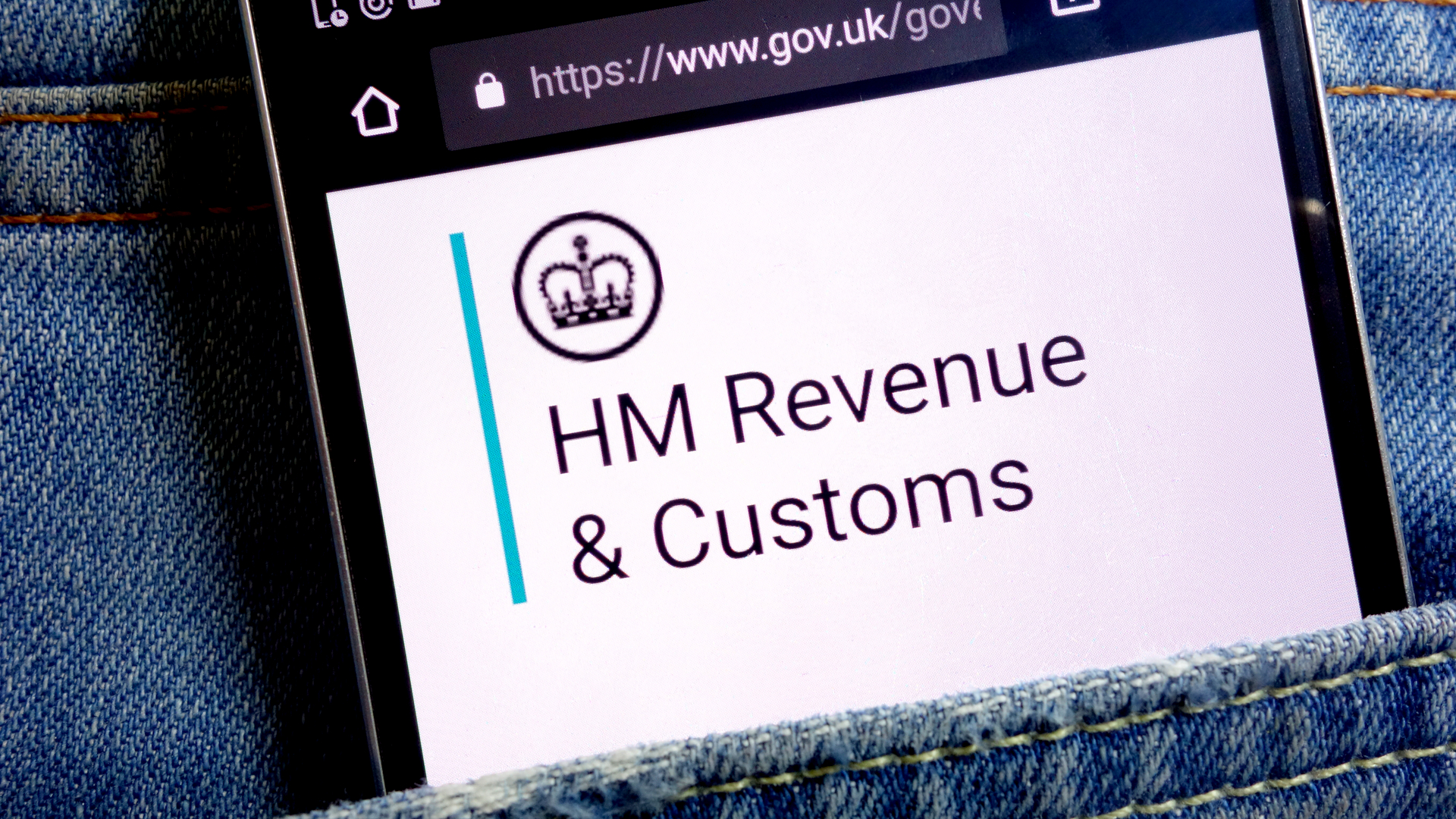
The government's financial secretary shed further light on the details surrounding its Making Tax Digital (MTD) plans yesterday, including progress made in ongoing trials, ahead of the rollout in April.
A pilot phase for the MTD VAT service, running since April last year and opened to the public in October, has enrolled more than 16,500 businesses so far, with HMRC gearing up to make the service live from spring.
Financial secretary to the treasury Mel Stride MP also reiterated that penalties will not be issued due to late filings in the first year, just late payments, and that any such penalties will be administered using a proportionate and "light-touch approach".
Moreover, a host of exemptions from MTD will apply to those who are disabled or face network difficulties.
"It has never been more important for businesses to be able to seize the opportunities that digital technology offers," Stride told the House of Commons, making his first statement on MTD since announcing a delay in 2017.
"In a world where businesses are already banking, paying bills and shopping online, it is important that the tax system keeps pace, but MTD is not just about providing a modern, digital service for businesses but about helping them get their tax right."
But the opposition accused the government of failing to adequately handle the digital transition to the detriment of UK businesses, and have called for a further delay until 2022 so small firms, in particular, have more time to adapt.
Sign up today and you will receive a free copy of our Future Focus 2025 report - the leading guidance on AI, cybersecurity and other IT challenges as per 700+ senior executives
SMBs are already preoccupied with changes and investment needed, faced with the prospect of a no-deal Brexit, according to Labour's shadow financial secretary Peter Dowd MP, who also dismissed claims that HMRC is "ready" for MTD.
"Few people inside or outside the Government believe that HMRC is actually ready," he responded to Stride's statement, highlighting that the 16,500 figure represents just 0.5% of all eligible firms.
"To the best of my knowledge, it has the same problems as many of the businesses that will be required to begin digital reporting in 2019. Those concerns are echoed by tax professionals, who emphasise that the current timetable is unrealistic and unworkable for HMRC and the business community. "
The pair agreed, however, for the need to implement a modernised tax regime in principle, in light of the productivity gains as well as the making the tax process simpler for businesses.
Specifically, Stride highlighted that errors tied with using manual methods to either store or send tax information to HMRC altogether contribute 9.2 billion to the UK's tax gap. He said implementing MTD would make some headway towards closing this gap, to the tune of 1.2 billion by 2023/24.
The financial secretary added there are no plans to introduce MTD for income tax or corporation tax any earlier than 2020, and that the rollout of VAT MTD will be closely examined before any final decisions are made.

Keumars Afifi-Sabet is a writer and editor that specialises in public sector, cyber security, and cloud computing. He first joined ITPro as a staff writer in April 2018 and eventually became its Features Editor. Although a regular contributor to other tech sites in the past, these days you will find Keumars on LiveScience, where he runs its Technology section.
-
 OpenAI's 'Skills in Codex' service aims to supercharge agent efficiency for developers
OpenAI's 'Skills in Codex' service aims to supercharge agent efficiency for developersNews The Skills in Codex service will provide users with a package of handy instructions and scripts to tweak and fine-tune agents for specific tasks.
-
 Cloud infrastructure spending hit $102.6 billion in Q3 2025
Cloud infrastructure spending hit $102.6 billion in Q3 2025News Hyperscalers are increasingly offering platform-level capabilities that support multi-model deployment and the reliable operation of AI agents
-
 Uber 'kill switch' blocked authorities from IT systems
Uber 'kill switch' blocked authorities from IT systemsNews Leaked documents suggest the firm engaged in a sophisticated global operation to block law enforcement from accessing sensitive data
-
 What is the EU’s Digital Operational Resilience Act (DORA)?
What is the EU’s Digital Operational Resilience Act (DORA)?Analysis Although DORA mostly affects the financial sector, these regulations - which aim to boost cyber resilience - will have huge knock-on effects on IT roles and tech companies
-
 UK's new public sector IT strategy focuses on cyber security and open source approaches
UK's new public sector IT strategy focuses on cyber security and open source approachesNews Government suppliers will also be privy to the government's long-term investment ambition to help inform contract applications
-
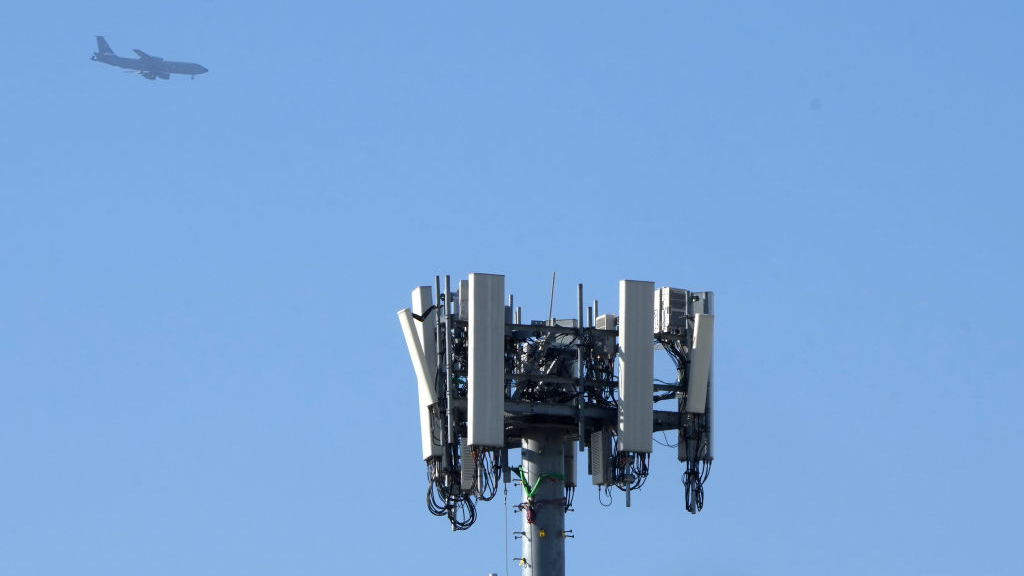 FAA declares 78% of commercial US plans 5G-safe
FAA declares 78% of commercial US plans 5G-safeNews Over one in five planes still not cleared to fly in low-visibility conditions near 5G cell towers
-
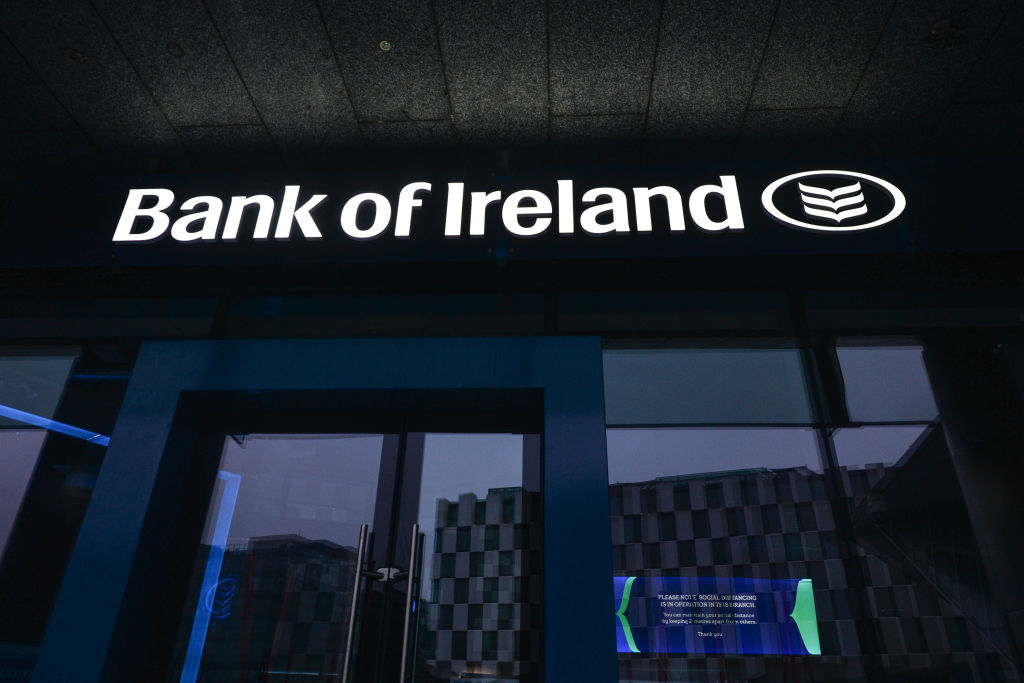 Bank of Ireland hit with €24.5 million fine over IT failures
Bank of Ireland hit with €24.5 million fine over IT failuresNews The bank failed to implement frameworks to ensure services continued in the event of IT disruption
-
 Tech groups back nearly $1 trillion in infrastructure spending
Tech groups back nearly $1 trillion in infrastructure spendingNews Letter urges Congress to agree on $974 billion investment
-
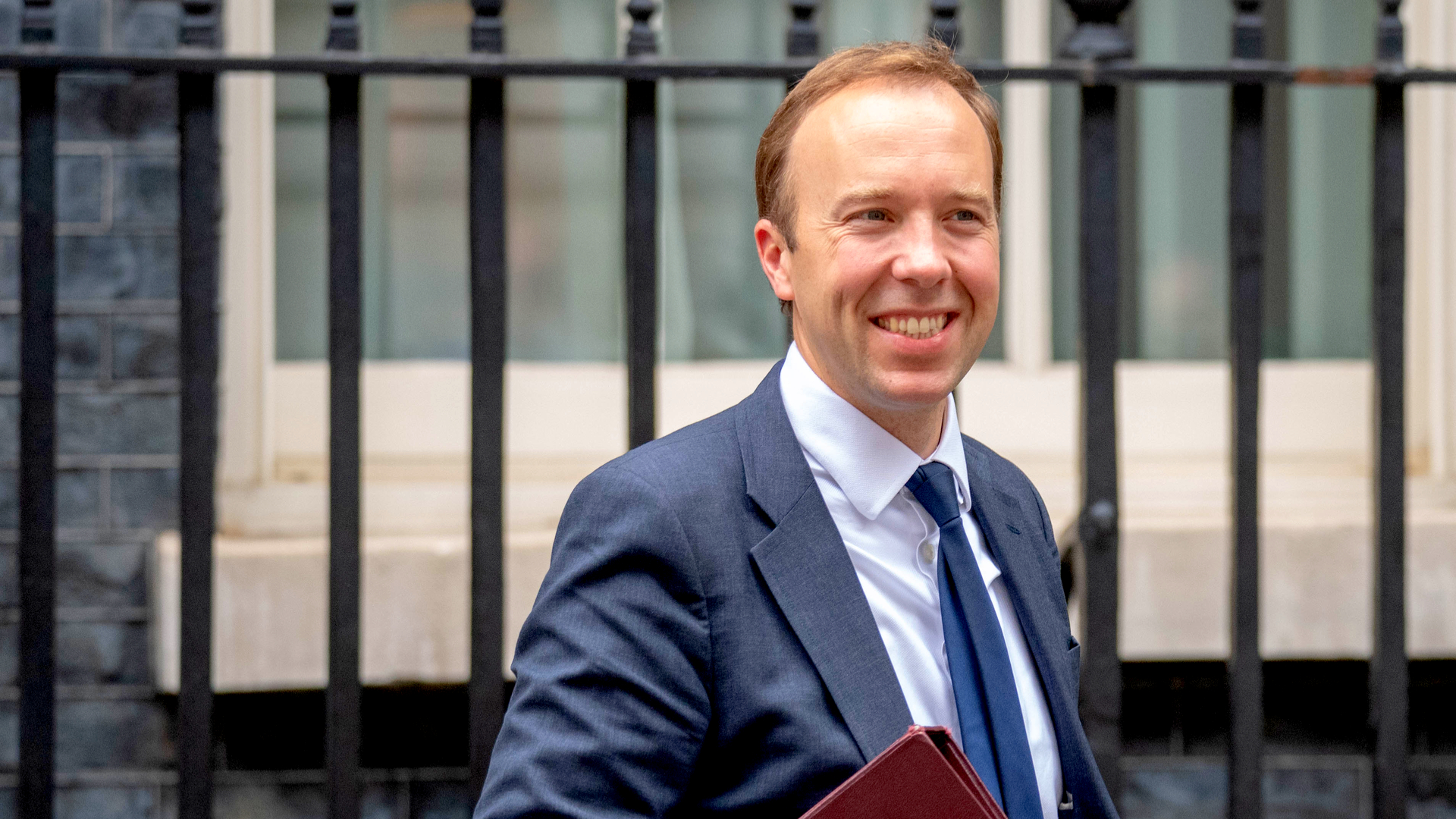 Health department blasted for 'track record of failed NHS digital projects'
Health department blasted for 'track record of failed NHS digital projects'News DHSC criticised for failed attempts to meet a 2018 target for a paperless NHS
-
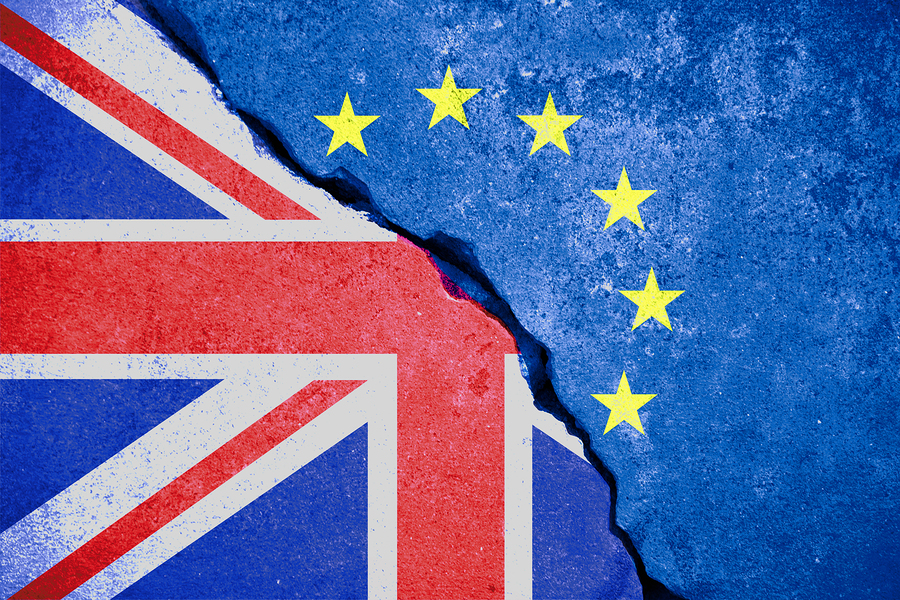 UK government sets aside £235m for Brexit IT spending
UK government sets aside £235m for Brexit IT spendingNews The government hopes to build HMRC systems to reduce the burden on traders, as well as data infrastructure to enhance border management